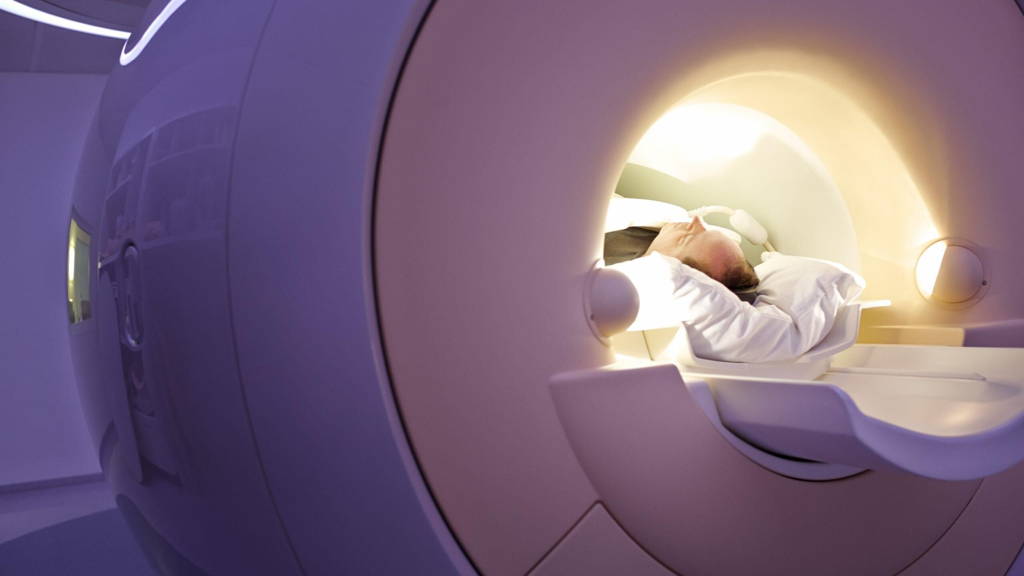An international study shows that with the help of Artificial Intelligence (AI), prostate cancer is detected more often and earlier. As a result, the number of 'false positives' for prostate cancer has been significantly reduced. The study was coordinated by the Radboudumc and published in The Lancet Oncology. This is the first major study in which an international team transparently evaluates AI and compares it with the assessment by radiologists and clinical outcomes.
Men with an increased risk of prostate cancer can now receive a prostate MRI as standard. As a result the workload for radiologists has increased. A lot of expertise is required from radiologists to be able to diagnose prostate cancer. And with the current shortage on the labor market, including radiologists, this is a huge challenge. The use of AI can help to reduce the workload for radiologists.
Super algorithm
AI expert Henkjan Huisman and radiologist Maarten de Rooij, project leaders of the PI-CAI study, therefore organized a major competition between AI teams and radiologists with an international team. Together with other centers in the Netherlands and Norway, more than ten thousand MRI scans were available for assessment. It was determined in a transparent manner whether each patient had prostate cancer.
They had various groups worldwide develop AI for the analysis of these images. The five best entries were combined into a kind of super algorithm for the analysis of MRI scans for prostate cancer. Finally, the assessment of AI was compared with that of a group of radiologists on four hundred MRI scans.
Rapid detection
The PI-CAI community brought together more than two hundred AI teams and 62 radiologists from twenty countries. They compared the findings of AI and the radiologists with each other. In addition, the findings were also compared with how the men from whom the scans came went on. On average, the men were followed for five years.
This first international study into AI in prostate diagnostics shows that AI detects almost seven percent more significant prostate cancers than the group of radiologists. In addition, AI indicates a suspicious spot, which later turns out not to be cancer, fifty percent less often. In practice, this means that the number of biopsies can be halved when using AI. If these results are also repeated in follow-up studies, this can be of great value for both radiologists and patients in the future. The developed AI still needs to be validated and is not yet available for patients in the clinic.
More diagnosis with the help of AI
AI is increasingly being used to detect diseases and conditions. For example, at the end of last year it was discovered that by using photos of children's retinas and a specially developed AI algorithm, it is possible to determine whether a child has autism. During the study it turned out that the photos screened with the help of AI can diagnose the condition with an accuracy of no less than 100 percent.
The added value of AI has also been investigated by various healthcare institutions and scientists in the research and diagnosis of prostate cancer. For example, in 2020, researchers from RadboudUMC developed an AI system that makes it possible to better determine the aggressiveness of prostate cancer. And last year, Philips announced that the company is working with Quibim on an AI solution for MRI prostate examinations. This uses Quibim's AI-based QP-Prostate software. The aim of this collaboration is to automate real-time prostate segmentation in MR images, generate meaningful quantitative insights and standardize the reporting of MRI prostate examinations.






